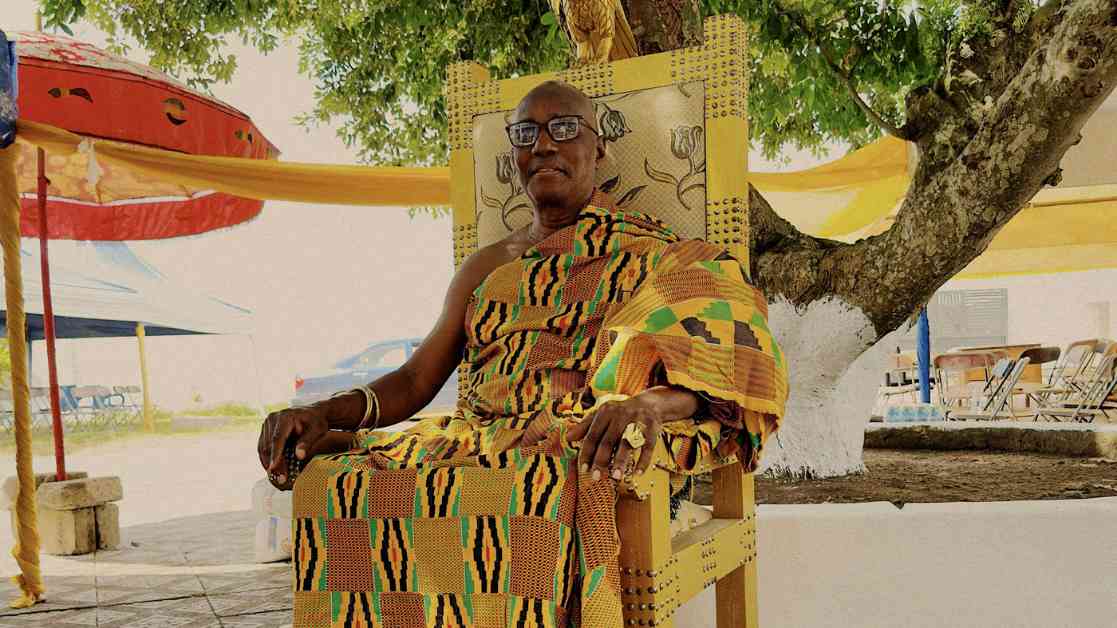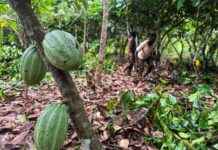Okatakyi Dr. Amanfi VII, the paramount chief of Asebu, initiated the Pan African Village project in Ghana. The project aimed to provide settlements for people of African descent from around the world to return to Ghana. This initiative was part of the Ghanaian government’s “Year of Return” campaign in 2019, which encouraged people to move back to the country and offered free land to those who accepted the invitation.
However, despite the positive intentions behind the project, some locals in Ghana have raised concerns about the allocation of land to foreigners. According to local residents, their farmland was taken away without their consent and given to people participating in the Pan African Village project. This has led to tensions and disputes over land ownership and usage in the region.
The issue of land ownership and allocation is a complex and sensitive topic in many parts of the world, including Ghana. The competing interests of local communities, government authorities, and foreign investors can often lead to conflicts and misunderstandings. In this case, the Pan African Village project has sparked a debate about the ethics and legality of land transfers in Ghana.
As the paramount chief of Asebu, Okatakyi Dr. Amanfi VII plays a crucial role in mediating between the different parties involved in the land dispute. His leadership and influence in the community have the potential to bridge the gap between the local residents and the project developers. By engaging in dialogue and negotiation, he can help find a fair and equitable solution that addresses the concerns of all stakeholders.
Moving forward, it is essential for all parties to come together and work towards a resolution that respects the rights and interests of the local community. Transparency, accountability, and respect for the rule of law are key principles that should guide any land allocation process in Ghana. By upholding these values, the country can ensure sustainable development and inclusive growth for all its citizens.
In conclusion, the debate over land ownership and transfer in Ghana highlights the complex challenges of balancing economic development with social justice. As the country continues to attract people of African descent from around the world, it must find ways to address the concerns of local communities and ensure that their rights are protected. Only through open dialogue and collaboration can Ghana achieve a harmonious and prosperous future for all its inhabitants.


















